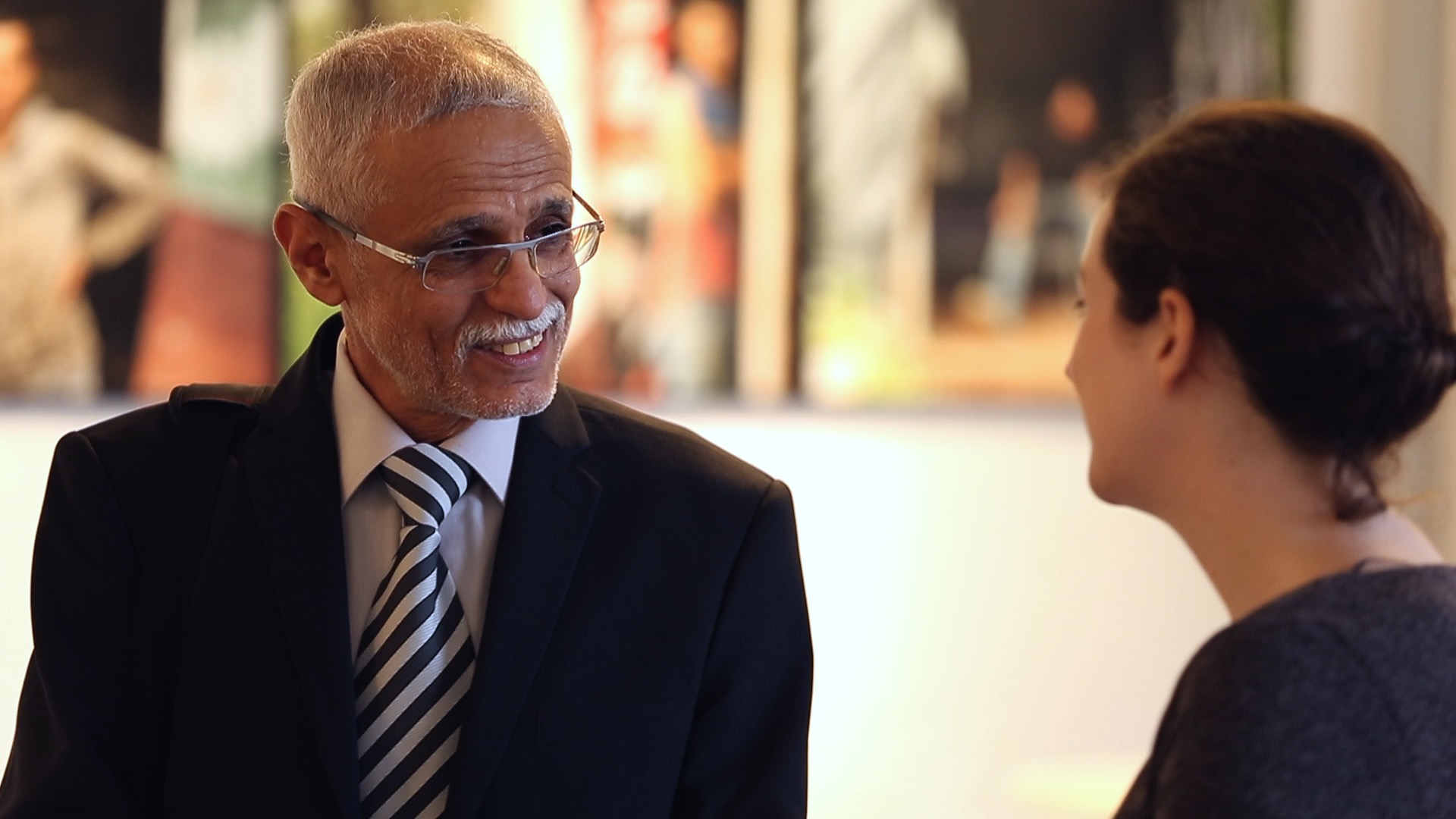Interview with EFAD member ECCHR about their work on armed drones

The European Center for Constitutional and Human Rights (ECCHR) is an independent, non-profit legal and educational organization, that since 2007 attempts to counter global injustice with juridical means. Working together with partners and affected persons and communities, the ECCHR uses legal interventions to hold those responsible for human rights violations such as torture, rape, corporate exploitation, massacre, fortressed borders, and illegal drone strikes.
We asked ECCHR’s Fiona Nelson some questions on their experience, views, and future prospects on working with the issue of armed drones.
How did your organization get involved with the issue of armed drones and why is this important for your organization objectives?
Challenging serious human rights violations committed in the name of counterterrorism has been a part of ECCHR’s work since it was set up ten years ago. Efforts by the US and its allies to avoid legal scrutiny of the drone program is one example of how powerful states seek to sidestep laws they find inconvenient. Impunity is all too often a reality in such situations, especially when the victims are in distant countries and their stories go largely unheard. Our drones litigation – like our work on other crimes – is about ensuring that the law is applied to all and that every person is entitled to human rights protections.
We started working on armed drones after a German citizen named Bünyamin E. was killed in a US drone strike in Pakistan in 2010. That work focused on Germany’s failure to properly investigate his death. As more shocking details began to emerge about the US drone program, we learned that a US military base in Ramstein (Germany) played a crucial role in carrying out these drone strikes. We worked with survivors of a drone strike in Yemen and the organization Reprieve to file a legal action in Germany based on the right to life. Gradually we expanded the work to include other cases and countries. In Italy we launched freedom of information litigation to uncover more information about US drone operations in North Africa that deploy from a military base in Sicily.
What would count as a success in your work on drones for your organization? What is the impact you hope to achieve in the coming five years?
We would like to be successful in our litigation and see the courts compel Germany to uphold international law by prohibiting the use of the Ramstein airbase for unlawful drone strikes. This would send a strong signal to other states too, that the law can and will be applied to the use of armed force by drones.
Beyond this, we hope the case can be a starting point for further discussions in the general public and in legal circles about armed drones and civilian deaths. I think the efforts of the Bin Ali Jaber family – the claimants in the case – to speak out about how their relatives were killed in a drone strike at a family wedding will help people here in Europe to understand the human suffering caused by drone strikes and challenge the misconception that drone strikes are “surgical” attacks that kill only “bad guys”. Bringing information to the public about the actual impact of drone strikes is an important part of the debate in Germany right now as the government prepares to acquire its own armed drones.
Through our litigation in Italy we hope to shed more light on Italy’s involvement in drone strikes in North Africa and further this discussion over the coming months and years.
If you had one chance to educate/influence your Minister of Defense and/or Minister of Foreign Affairs on the deployment of armed drones, what would you do?
First, I would say that Germany can no longer close its eyes to the role played by Ramstein in civilian deaths by drones. The situation has been reported in detail for several years now by investigative journalists and whistleblowers.
Secondly, I would stress the urgent need for Germany to speak up and uphold the international laws that limit when a state can lawfully use force. What we see now is states such as the US and the UK seeking to water down these limits and thus to legitimize their use of armed drones outside of existing armed conflicts.
A failure to uphold these international laws could lower the legal threshold for war – a frightening prospect. Germany can play a role in ensuring these standards are upheld; it should explicitly defend the established and narrow interpretations of these laws that strictly limit when a state can use military force.
How do you experience working on this issue in Germany? What is your take on the transparency situation of the German government, regarding the use of armed drones and/or complicity?
There is a lack of transparency on this issue which is linked to a great reluctance to engage with the question of complicity. Initially the German government argued it had no idea whether Ramstein was involved in drone strikes. When that position became untenable it argued that it has “no reason to assume” that Germany’s role in allowing this could raise any legal concerns. This is disingenuous given the ongoing legal action, numerous media pieces and NGO reports – all raising precisely these questions.
The current government also promised it would not acquire armed drones without first having an extensive debate on the relevant legal and ethical questions. Now Germany is edging ever closer to having its own armed drones, having recently leased several arms-capable HERON TPs. We are still waiting for the promised debate and for Germany to set out the precise legal frameworks that would underpin its deployment of these drones if they are to be armed in the future.

